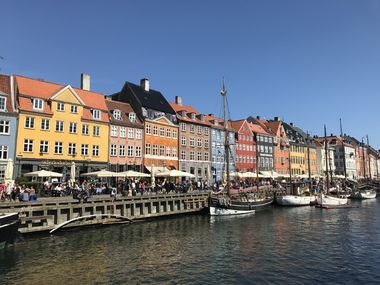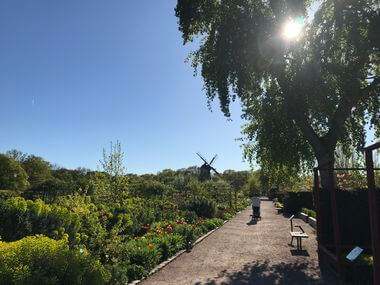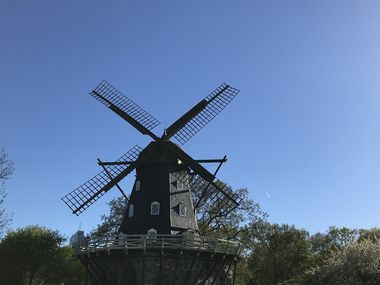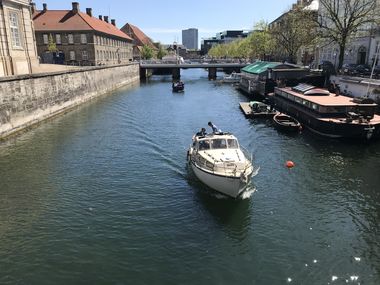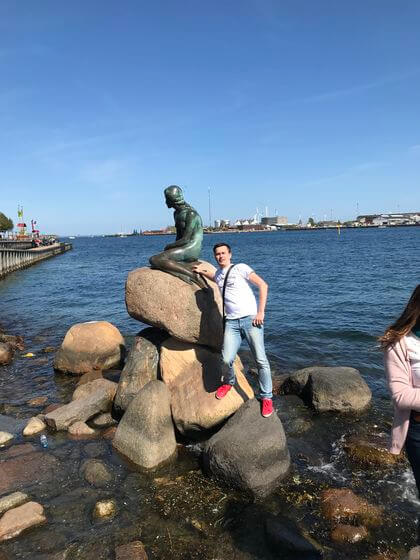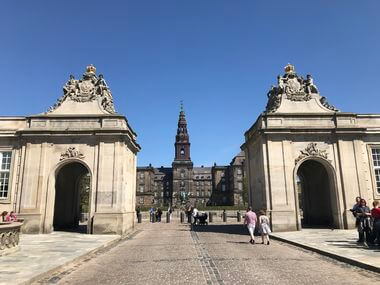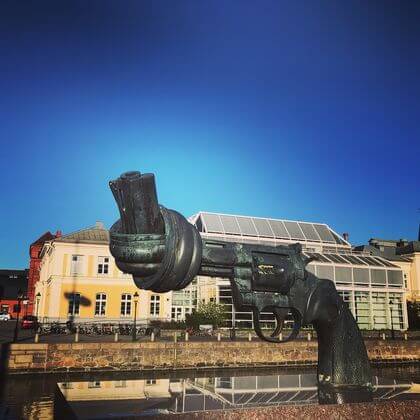Copenhagen
Photo © Nick Karvounis

More details
Loading ...
Source: wikipedia
Podnebie
Načítavam dáta o podnebí ...
Flights
SEARCHING FOR FLIGHTS ...
Nearest attractions
Cheapest accommodation in this city
1. Danhostel Copenhagen Bellahøj |
34 EUR / night (6 years ago) |
Other accommodation options
Nearby upcoming and completed trips
| 5.5.2018 - 9.5.2018 |

